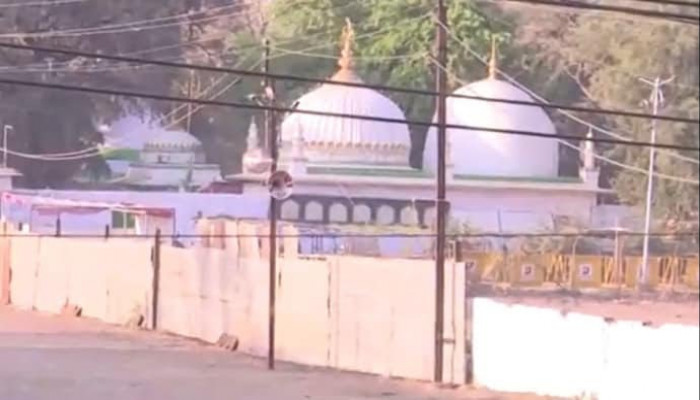Bhojshala-Kamal Maula Mosque Row: ASI survey report discovered several artifacts, sculptures of deities
- In Reports
- 09:48 PM, Jul 15, 2024
- Myind Staff
The Archaeological Survey of India (ASI) presented its scientific survey report on the disputed Bhojshala-Kamal Maula Mosque complex to the Madhya Pradesh High Court on Monday. The report, accessed by India Today TV, reveals the discovery of numerous historical artifacts that suggest the site’s historical significance as a temple.
The ASI report details the findings from the survey, which include 31 coins made of silver, copper, aluminium, and steel, spanning various historical periods. The coins date back to the Indo-Sassanian (10th-11th century), Delhi Sultanate (13th-14th century), Malwa Sultanate (15th-16th century), Mughal (16th-18th century), Dhar State (19th century), and British (19th-20th century) eras.
Additionally, the survey uncovered 94 sculptures and fragments of sculptures made from materials such as basalt, marble, schist, soft stone, sandstone, and limestone. These sculptures depict deities including Ganesh, Brahma, Narasimha, Bhairava, various other gods and goddesses, as well as humans and animals. The animal figures include lions, elephants, horses, dogs, monkeys, snakes, turtles, swans, and birds. Mythical creatures like Kirti Mukhas (glorious faces) and vyalas (composite creatures) were also found. The report notes that many images of humans and animals have been defaced or altered, particularly in areas now occupied by the mosque.
The survey also identified several pieces with Sanskrit and Prakrit inscriptions, indicating the site's historical literary and educational activities. One notable inscription mentions King Naravarman of the Paramara dynasty (who ruled between 1094-1133 AD). Other inscriptions refer to Khalji ruler Mahmud Shah, who is noted for converting a temple into a mosque.
The ASI's findings suggest that Bhojshala was a significant educational centre established by King Bhoj, with the current structure incorporating elements from earlier temples. The Hindu community regards Bhojshala, an 11th-century monument, as a temple dedicated to Vagdevi (Goddess Saraswati), while the Muslim community identifies it as the Kamal Maula Mosque.
For the past 21 years, an arrangement has allowed Hindus to worship at Bhojshala on Tuesdays, while Muslims offer namaz there on Fridays. This arrangement was challenged by the Hindu Front for Justice, leading to the High Court's order for a scientific survey of the complex.
The ASI commenced the survey on March 22 and completed it within the six-week deadline set by the court. On July 4, the High Court instructed the ASI to submit the comprehensive report by July 15. The court is scheduled to hear the case on July 22.
Image source: ANI







Comments